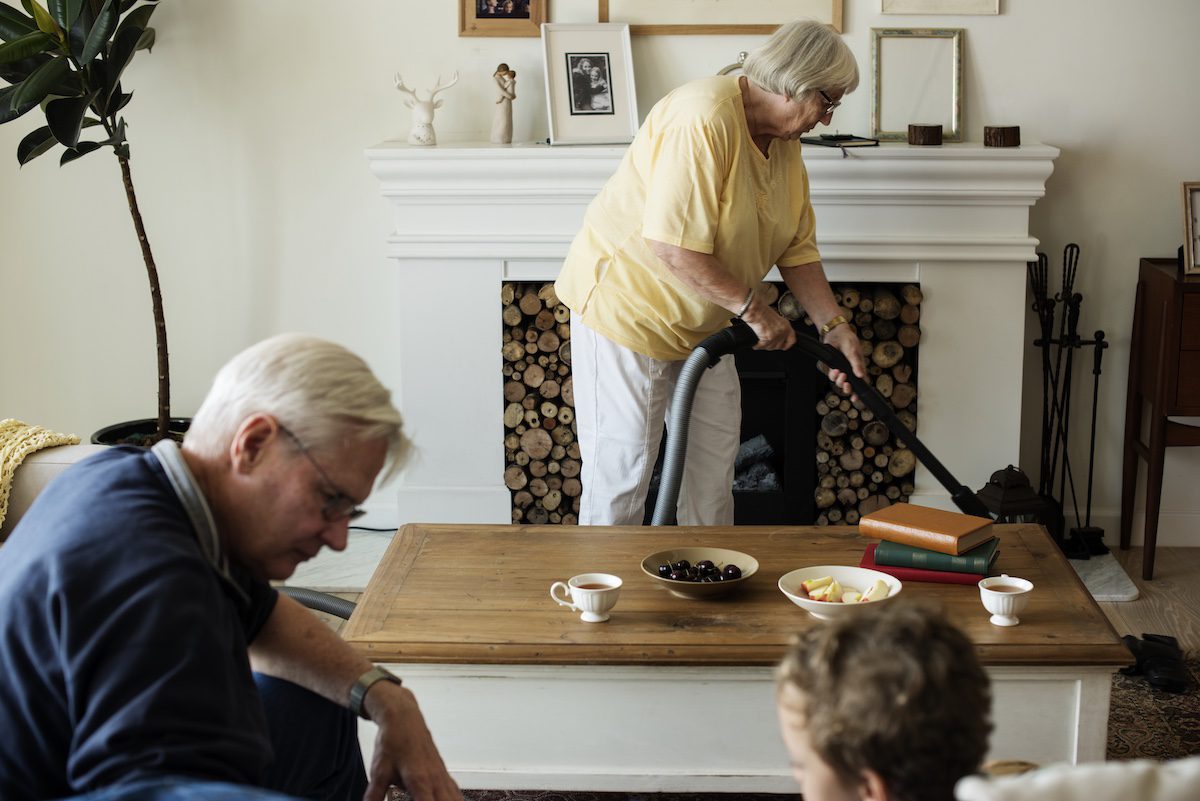As the tax deadline looms, many family caregivers may be looking for last minute tax deductions to help ease their situations. For the layperson, tax law can be a very complex. That’s why it’s always best to consult a tax attorney or accountant who understands how the tax laws affect a person’s unique situation.
The first step in determining what family caregiver tax deductions are allowable under federal tax law is to identify what qualifies as specific medical expenses.
What are medical expenses?
The Internal Revenue Service defines medical expenses as “the costs of diagnosis, cure, mitigation, treatment, or prevention of disease, and the costs for treatments affecting any part or function of the body.”
Family caregivers can claim tax deductions for payments they make for themselves and also for payments made on behalf of loved ones who are considered “qualifying relatives.” These payments must be for medical-related expenses. These include payments for medical services provided by physicians, surgeons, dentists, and other medical professionals. They also include the costs of equipment, supplies, and diagnostic devices needed for such purposes.
Other deductible medical expenses include amounts paid for qualified long-term care services and premiums paid for qualified long-term care insurance contracts.
In-home care that is not medically-related – such as cleaning or running errands – are not deductible expenses.
What is a qualifying relative?
A qualifying relative is generally a relative who is part of your household for whom you provided over half of the support in 2016. The qualifying relative must not have a gross income greater than $4,050 in 2016 or file a joint tax return. For a complete description of a qualifying relative and a full list of allowable medical expenses, see IRS Publication 502, available through www.irs.gov.
Family caregivers’ tax deductions can include medical expenses paid for a dependent. This is assuming that person was a dependent either at the time medical services were provided or at the time the expenses were paid. But there are limits.
Tax deductions are limited to the amount of total medical expenses that exceed 10 percent of adjusted gross income if the taxpayer is 64 or younger, or 7.5 percent if the taxpayer or spouse is 65 or older.
For example, if a taxpayer is 65 or older, and his income is $100,000, then his medical expenses beyond the $7,500 threshold may be deductible as itemized deductions. So, if total medical expenses for the year are $20,000, then $12,500 of those expenses could be deductible.
In addition, a family member may be claimed as a dependent for purposes of the medical expense deduction if he or she was a qualifying relative and was a U.S. citizen or national or a resident of the United States, Canada, or Mexico. To qualify for a dependency exemption, a family caregiver must pay for more than half of a qualifying relative’s support costs. If the relative does not qualify as a dependent, he or she cannot be claimed as a dependent, but their medical expenses are still allowable.
Tax deductions when families share responsibility:
Sometimes several family caregivers will agree to share the costs of for an elderly parent or relative and file a multiple support declaration (IRS Form 2120). Caregivers who have paid more than half of a qualifying relative’s support under a multiple support agreement can include medical expenses paid for that person. Under the multiple support agreement, relatives who have paid less than half of a qualifying relative’s expenses can decide to grant one family caregiver the tax deduction. However, no one else can claim the medical expenses as a deduction.
For family caregivers, there may be any number of tax deductions available from which they can benefit – it is important to consult with an expert to determine what is best for your situation



